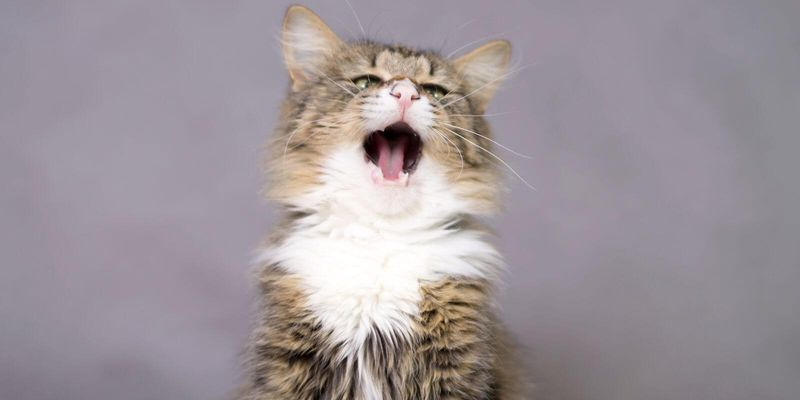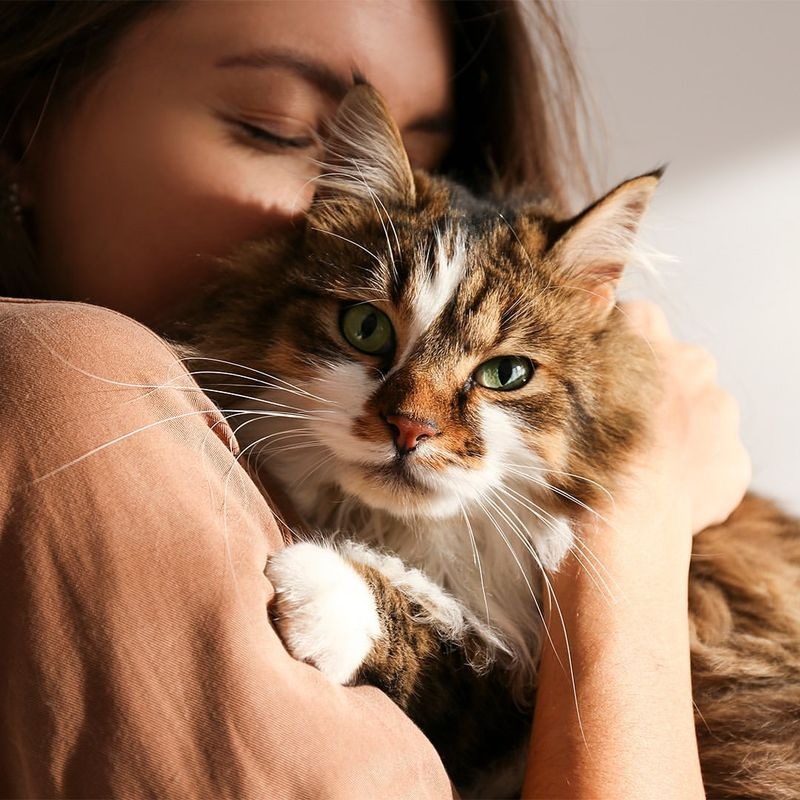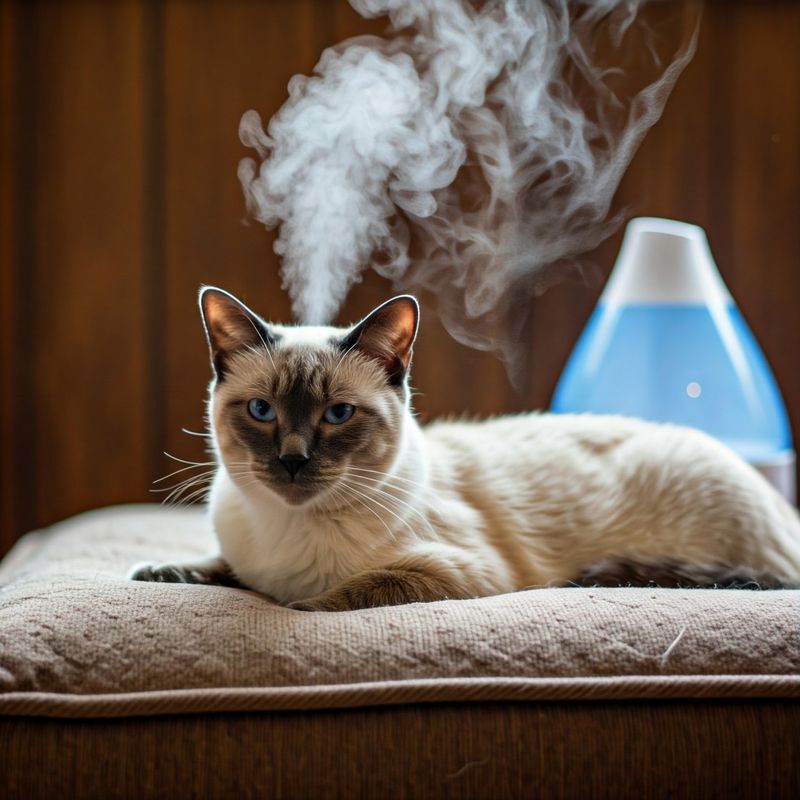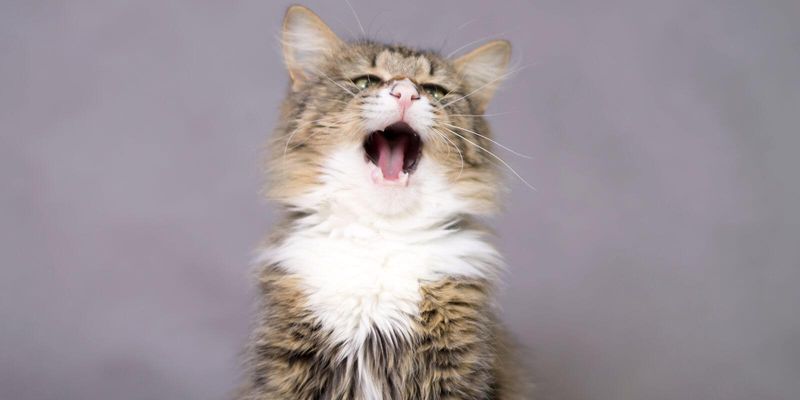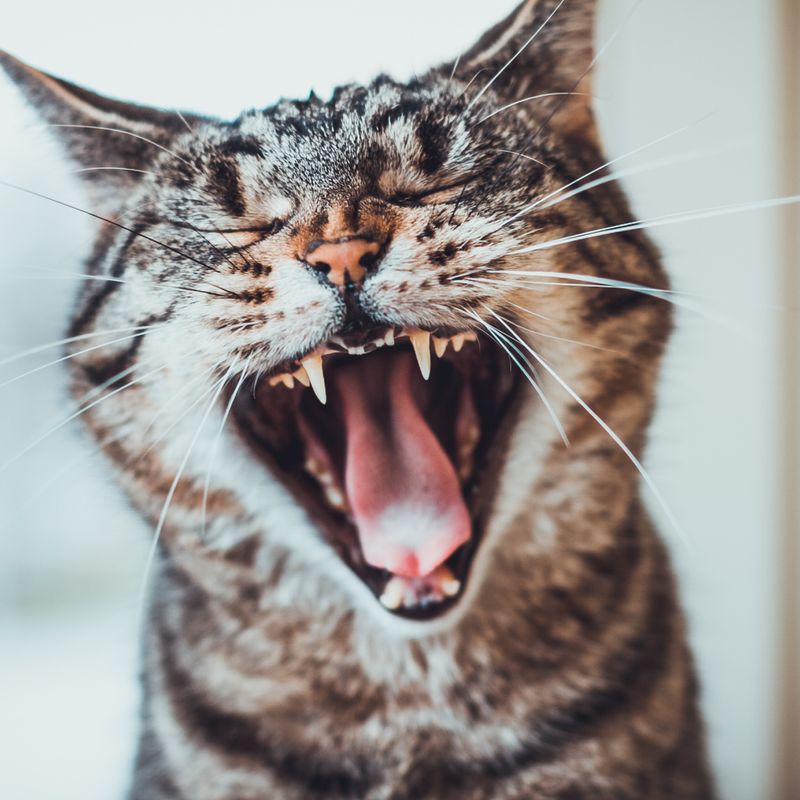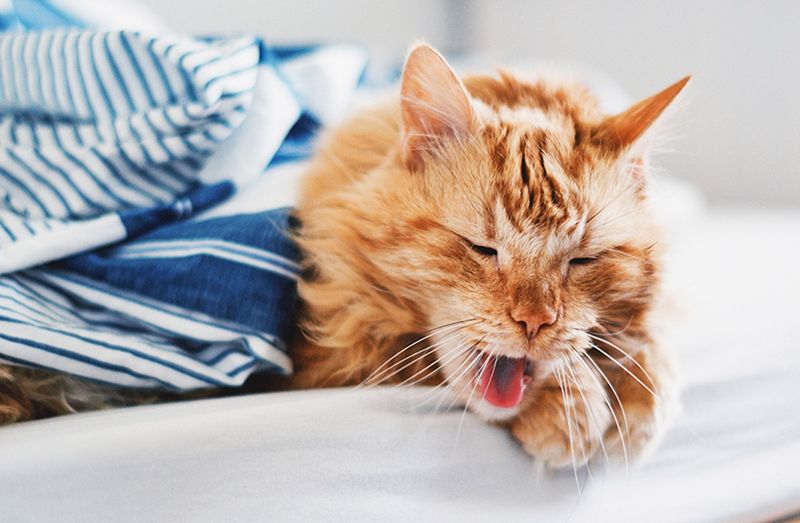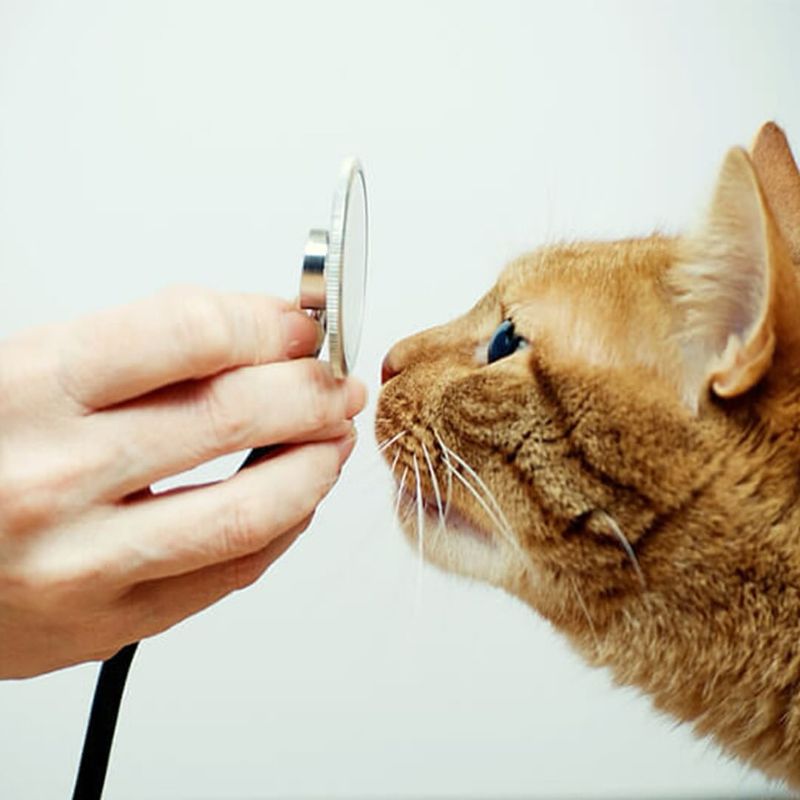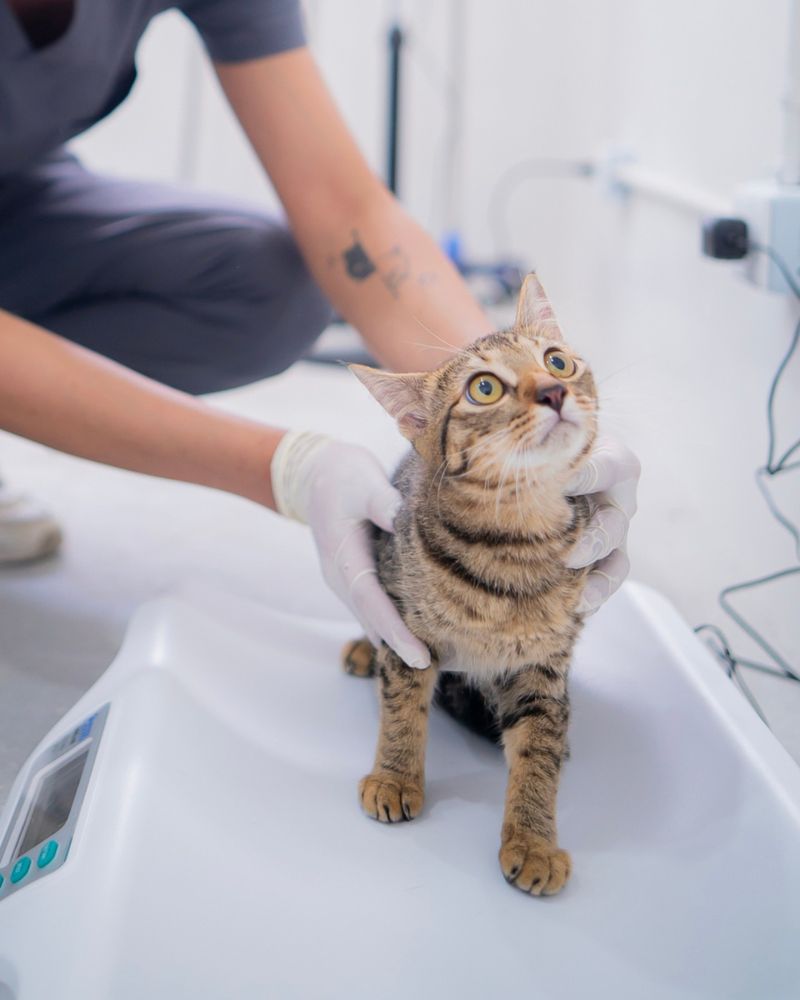📖 Table of Content:
It’s always a little startling to hear your cat let out an unexpected achoo! Maybe they’re lounging peacefully one moment, and the next, they’re sneezing like they’re starring in a feline drama.
While an occasional sneeze is nothing to worry about—just like with humans—it can sometimes leave you wondering if there’s more to it.
Cats sneeze for a variety of reasons, ranging from something as harmless as a bit of dust to more serious health concerns that might require a vet visit. As a loving cat parent, it’s natural to want to decode the mystery behind those tiny sneezes. Is it allergies? A cold? Or is there something else going on?
In this article, we’ll walk you through seven common reasons why your cat might be sneezing. By the end, you’ll have a better understanding of whether it’s a playful quirk or a sign that it’s time to give your vet a call.
1. Allergies
Cats, like humans, can suffer from allergies. These allergies can be triggered by pollen, dust, or other environmental factors. When your cat inhales these irritants, their immune system may overreact, causing sneezing as a defense mechanism. Identifying the allergen is crucial to alleviate the sneezing.
Observe your cat’s environment. Are there specific times or seasons when the sneezing worsens? This might give you a clue about the allergen. Consider keeping your home free of dust and pollen, or using air purifiers to reduce airborne allergens.
If your cat’s sneezing persists, consult with a veterinarian to explore allergy medications or other treatments. Sometimes, a change in diet might also help if the allergen is food-related. Always strive to keep your cat’s living area clean and monitor their reactions to new substances.
2. Respiratory Infections
Respiratory infections are a common cause of sneezing in cats. These infections can be viral, such as feline herpesvirus, or bacterial like Bordetella. Cats with respiratory infections might also show signs like runny noses, coughing, and lethargy. Early detection is key to prevent complications.
Ensure your cat is vaccinated against common feline viruses. Regular check-ups with your vet can help catch infections early. Keep your cat indoors if possible to reduce contact with infected animals.
If you notice your cat sneezing frequently, along with other symptoms, seek veterinary care promptly. Treatment might include antibiotics or antiviral medications. Providing a warm, comfortable environment will help your cat recover faster. Encourage fluid intake to prevent dehydration, especially if your cat has a fever.
3. Foreign Objects
Cats are naturally curious animals, which sometimes leads them to sniff around objects that can cause sneezing. Small items or particles can get lodged in their nasal passages, leading to irritation and sneezing. Recognizing this behavior early can prevent further complications.
If your cat starts sneezing suddenly and it’s persistent, check their nose for any visible objects. It might be tempting to remove it yourself, but it’s safer to have a veterinarian do it to avoid damaging sensitive tissues.
Preventive measures include keeping small objects out of your cat’s reach and cleaning regularly to avoid dust buildup. If your cat continues to sneeze after the removal of the object, there might be additional irritation, requiring veterinary care. Offering toys that are too large to be inhaled is also a wise precaution.
4. Dental Issues
Dental issues can be an unexpected cause of sneezing in cats. Infections or inflammation in the teeth and gums can extend to the nasal passages, leading to sneezing. Regular dental care is important for your cat’s overall health.
Observe your cat for signs of dental distress, such as bad breath, difficulty eating, or visible plaque. If sneezing accompanies these symptoms, it’s time to visit the vet. They can perform a dental exam and suggest appropriate treatments.
Routine dental cleaning by a professional can prevent many oral health issues. You can also help by brushing your cat’s teeth at home and providing dental treats to reduce plaque buildup. Addressing dental problems early can prevent them from becoming more serious and alleviate associated sneezing.
5. Household Irritants
Household irritants, such as cleaning chemicals, perfumes, or cigarette smoke, can cause your cat to sneeze. These substances can be harsh on a cat’s sensitive respiratory system, leading to irritation and discomfort.
When using cleaning products, ensure that your cat is not in the vicinity. Opt for pet-friendly cleaners and avoid strong scents. If you smoke, try to do so outside to minimize exposure to your cat.
Observe your cat’s reaction to new products or changes in their environment. If sneezing coincides with these changes, consider switching to less irritating alternatives. Keeping your home well-ventilated and using natural air fresheners can also help maintain a comfortable environment for your feline friend.
6. Chronic Conditions
Some cats suffer from chronic conditions that lead to recurrent sneezing. Conditions like feline asthma or chronic rhinitis require ongoing management and care. Recognizing the signs early can improve your cat’s quality of life significantly.
If your cat sneezes regularly without apparent cause, it might be time to consult a vet for further investigation. They may perform tests to diagnose chronic conditions and suggest treatment options.
Managing these conditions often involves medication or lifestyle adjustments. Regular check-ups are essential to monitor your cat’s health. Providing a stress-free, predictable environment can also aid in managing chronic health issues. Support from your veterinarian will be invaluable in ensuring your cat’s comfort.
7. Nasal Polyps
Nasal polyps are non-cancerous growths within the nasal passages that can lead to sneezing in cats. These growths can obstruct airflow and cause persistent sneezing, along with nasal discharge or difficulty breathing.
If you suspect nasal polyps, a veterinary examination is necessary. They can use special instruments to view the nasal passages and determine the presence of polyps. Treatment often involves surgical removal of the polyps.
Post-surgery, your cat will need time to recover in a calm environment. Follow your vet’s advice for aftercare to prevent recurrence. Regular monitoring and follow-up visits are crucial to ensure your cat remains healthy and free from nasal obstructions. Keeping an eye on changes in your cat’s breathing or sneezing patterns can also help in early detection.
